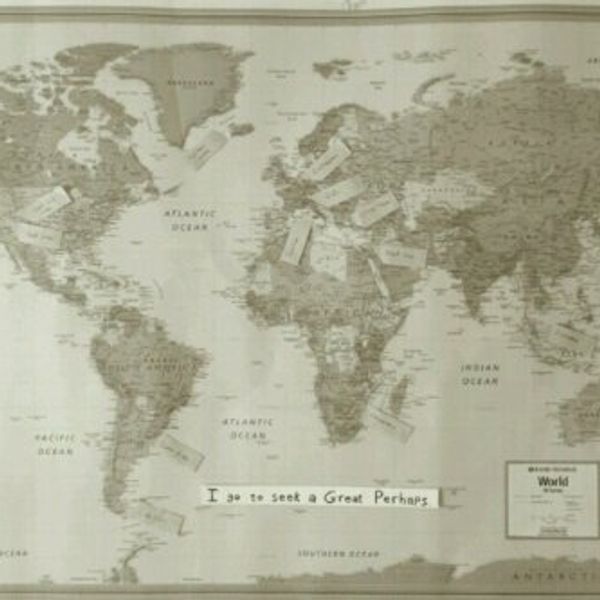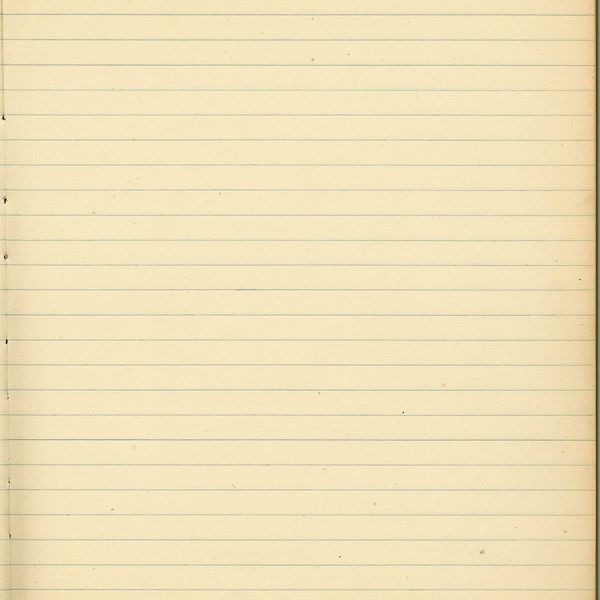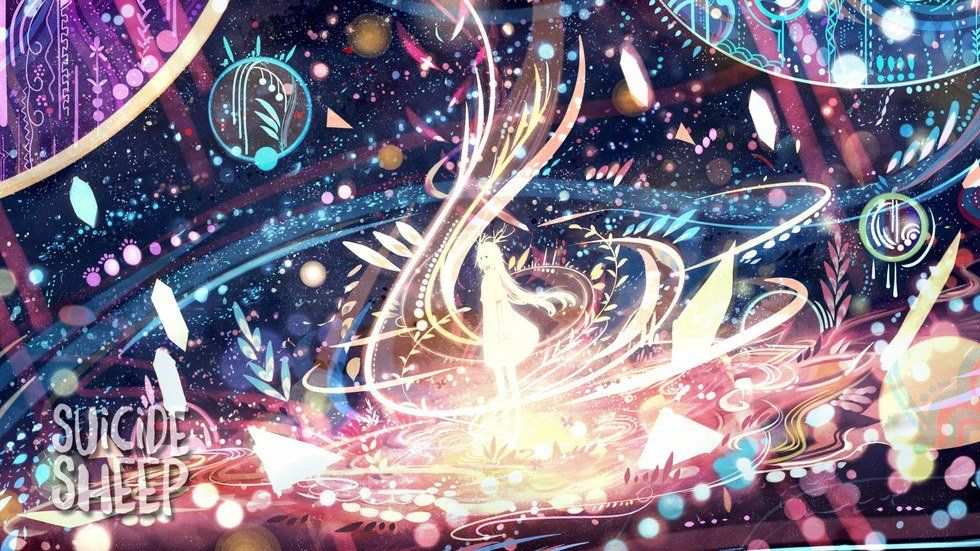Yes, I do watch Californication, so I am acutely aware of how dumb the title "The Artist Within" is.
It's just as well since I keep getting emails from the Odyssey that quite literally tell me to use click-bait strategies for the titles of my articles and even the cover photos. God forbid I generate attention from intellect.
Irony.
The joke is on me since I am about to tell you how to awaken the artist from within.
If you cringed from reading that sentence, then you're projecting well. I cringed while writing it.
In recent months, I have come to understand that, although the art of writing has existed throughout all of recorded history, and probably before that too, the rules and guidelines to complex plot structuring appear absent from easy access. I often hear the misguided argument, "You cannot confine writing to a set of rules because that will restrict creativity and freedom."
While writing does require immense amounts of freedom, a structure maintains the coherence and quality of the writing without restricting that freedom. Masters of the art like James Joyce, Mark Z. Danielewski, J. D. Salinger, and Jaco Van Dormael (directing is writing too) have created masterpieces by breaking some of the rules taught today. However, because they understand writing, and how it works, they can break these rules and implement something that works even better. Only by understanding what makes great writing can one break the structure of writing while maintaining or improving quality.
There is an objective good and bad to writing. For example, if someone writes a book where a person hits his or her head against a wall for ninety pages, and everyone loves it, is the book good?
Another example: Twilight.
To be honest, I am not even sure if Twilight is actually bad. I only give that as an example because everyone I know who has a halfway decent opinion on art tells me it's bad. I also see bits and pieces of Twilight's plot and characters, and it does not inspire confidence, though I have not read the series.
Anyway, I think the art of writing has untapped potential. The fact that popular opinion does not indicate quality art serves as evidence of a lack of established structure in the minds of the general public.
I do not know what the complete structure is. I have an idea, but my thoughts are incomplete. Once I find a more coherent writing design, I will elaborate.
In the meantime, I will share what I have learned about art in general. I believe this to be the first step to accessing the potential of the human consciousness's ability of artistic expression.
I recently taught a friend of mine how to write, at least, according to my liking. The advice I gave him serves thusly: You can only write about what you know. You can only conjure in writing what you understand. I know that's redundant, but it is imperative.
As such, if you wish to become a great writer, you must learn everything you can from absolutely everything you can. You have an obligation to learn, even if you lack interest in the subject, and you must take what you find. Live life to its fullest potential, take risks, leave your comfort zone and take action for the sake of learning. Anytime you do or experience anything, take away everything you can from it. This strategy works two-fold: life becomes richer and more filled with wonder, and you find more open windows for beautiful and emotional methods to come into your world and outlets for artistic expression.
Whether it is conjuring words in an abstract manner to express an idea or delivering lines in a precise, meaningful, and emotional way, the source of powerful expression comes from the same place - you. What makes an artist an artist is the way he or she applies what he or she knows to the mechanics of the medium that he or she loves. Anyone can write a bunch of words. What gives the words power is the application of one's experience to add meaning behind such words.
I will finish with this: Perfect writing does exist. In many circumstances, I agree that nothing is perfect. However, with regards to art, I must disagree.
Some consider James Joyce's Ulysses is considered perfect. I have yet to read (let alone understand) this work. Apparently, no one else understands the work either. I suspect that Joyce doesn't understand it either. If that is true, then I think that each part of his work that he does not understand, or did not deliberately design, becomes irrelevant to the piece.
A method for perfect writing, and thus, the possibility of a perfect piece, exists, and I will find it, and I will conjure it.
My name is Syto.
I talk about writing.





















